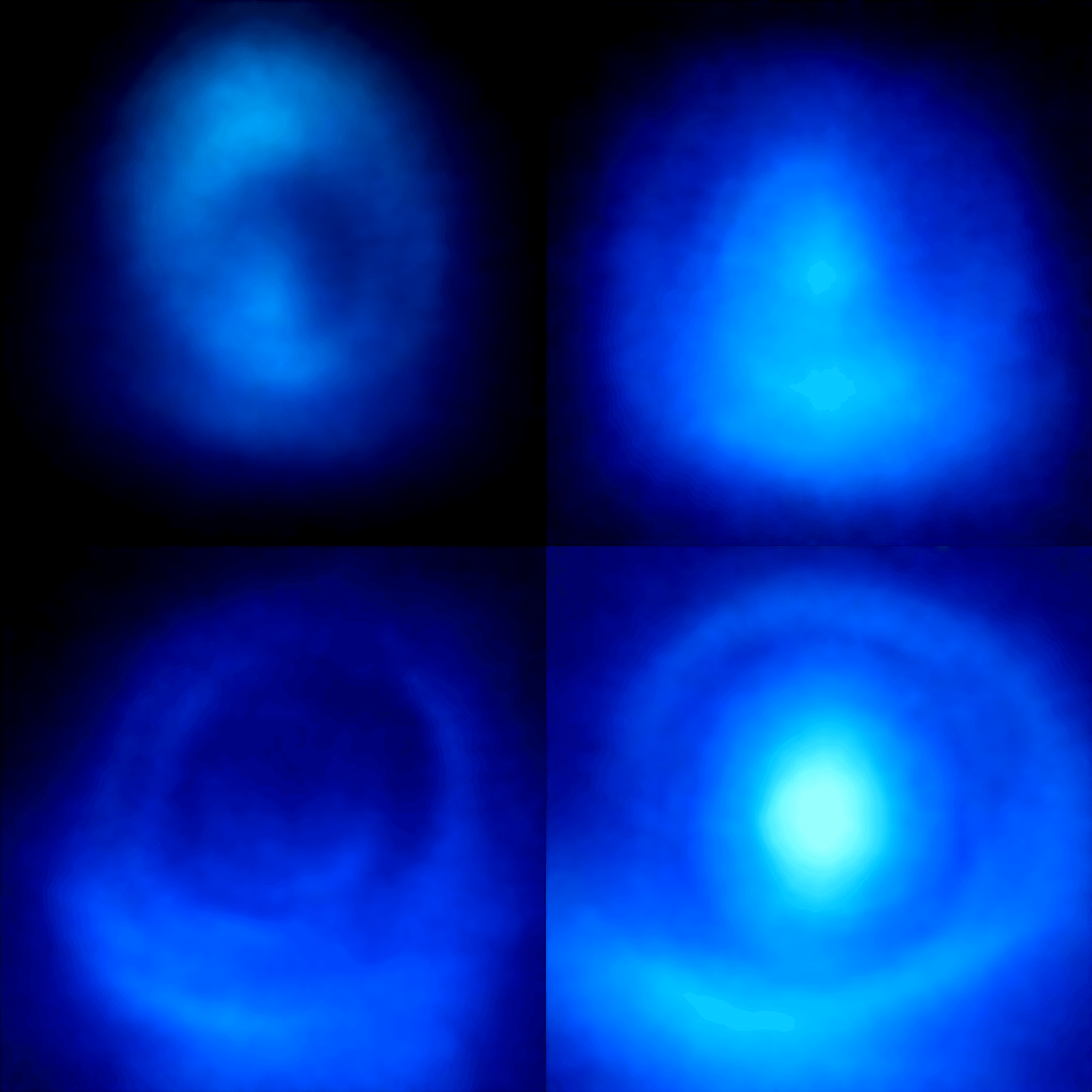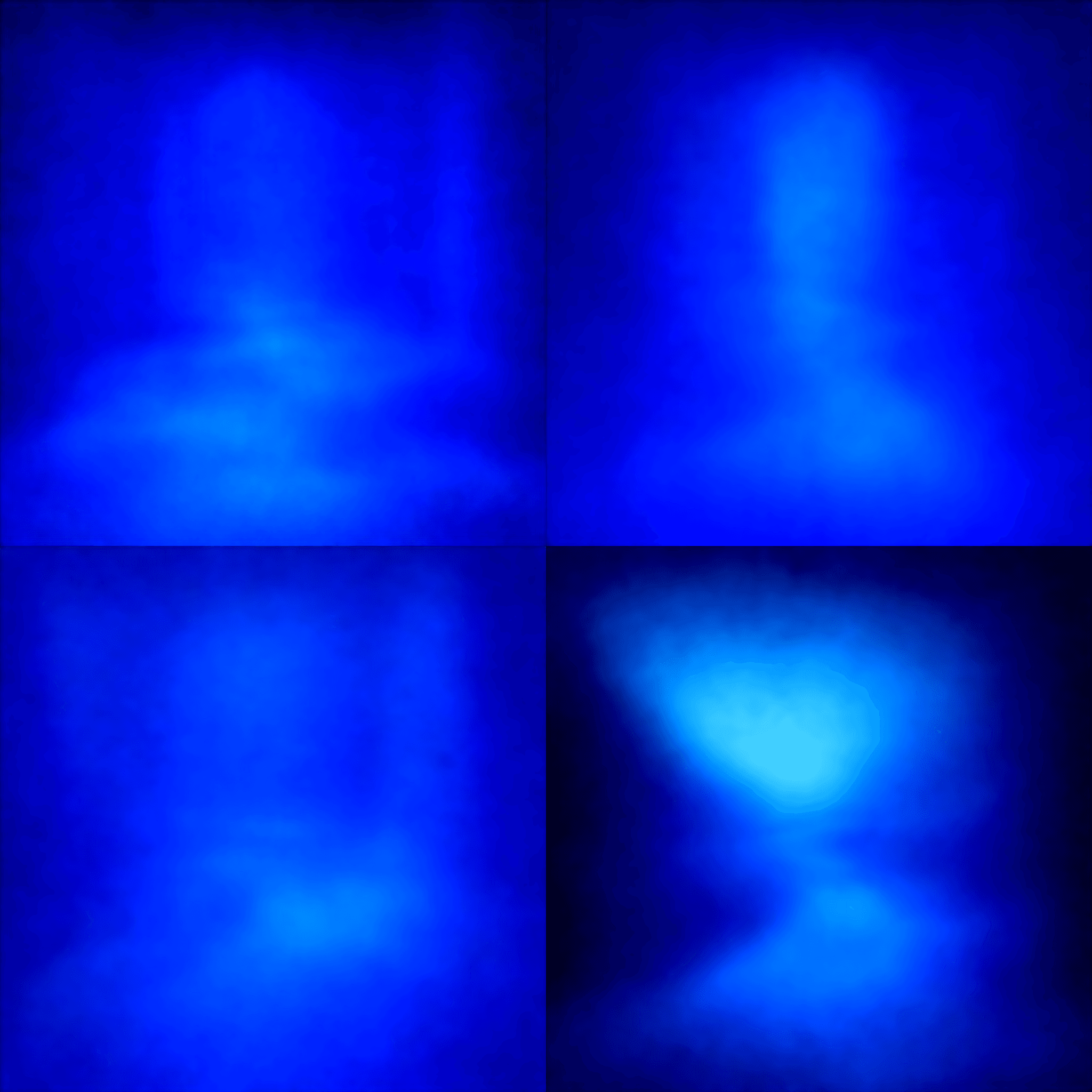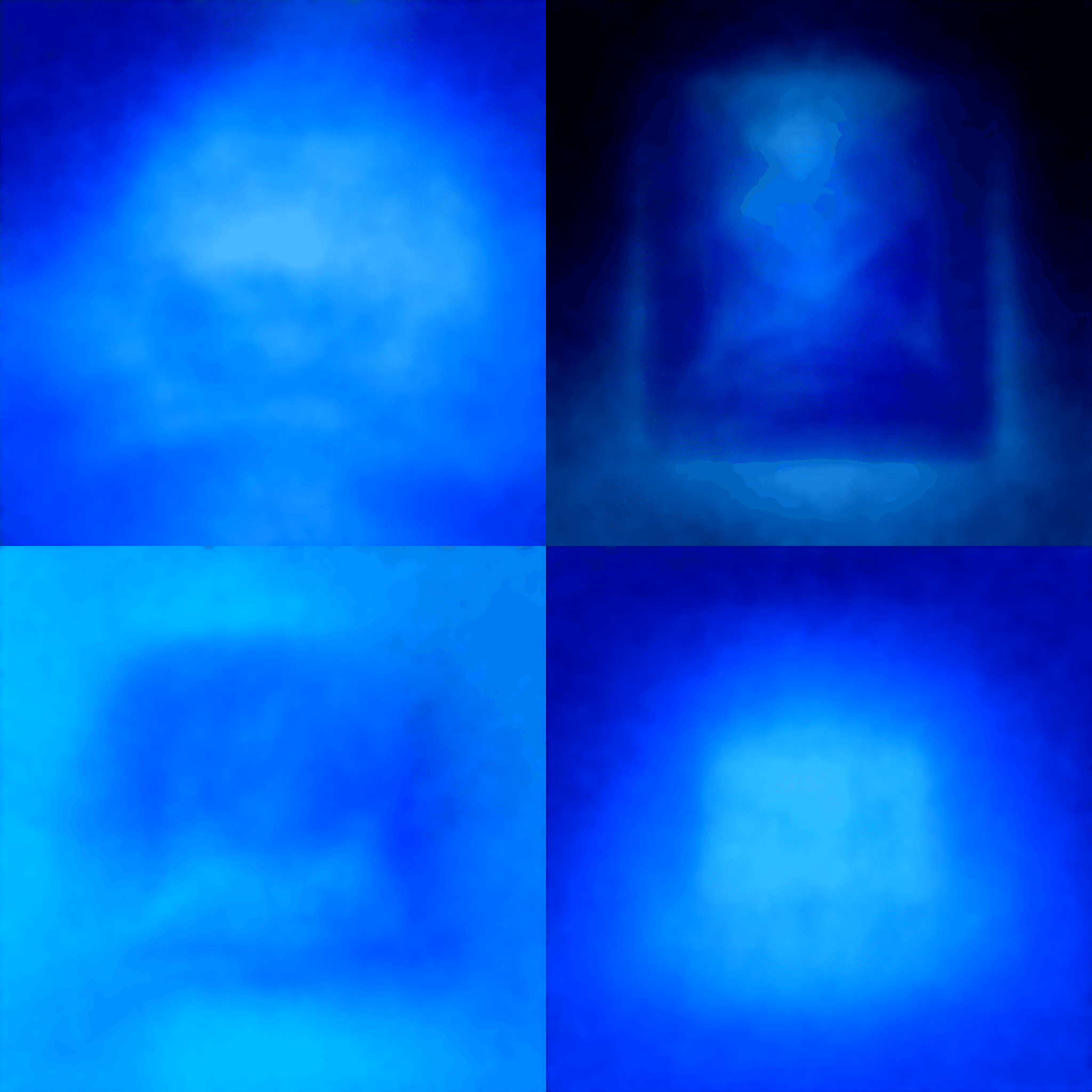Introduction - Engaging opening that highlights real impact and significance
A single DNS query can render an entire resolver unresponsive if it targets a zone with maliciously crafted DNSKEY records. This is not a theoretical risk: BIND 9, the backbone DNS software for ISPs, enterprises, and critical infrastructure, is directly affected. CVE-2025-8677 exposes a CPU exhaustion flaw that can be triggered remotely, threatening the availability of DNS resolution for any organization running vulnerable BIND 9 versions.
BIND (Berkeley Internet Name Domain) is the most widely used DNS server software worldwide, maintained by the Internet Systems Consortium (ISC). Its reliability and ubiquity make any vulnerability in BIND a matter of global operational concern. ISC's BIND powers everything from telecom backbones to enterprise networks, with millions of deployments across the globe.
Technical Information
CVE-2025-8677 is a resource exhaustion vulnerability in the DNSSEC validation logic of BIND 9. When a recursive resolver queries a DNS zone that contains specially crafted malformed DNSKEY records, the validation process can enter a state that consumes excessive CPU resources. This is due to how BIND processes DNSKEY records and attempts to validate signatures for DNSSEC.
The attack requires the adversary to control or compromise an authoritative DNS zone. By populating the zone with malformed DNSKEY records, the attacker ensures that any recursive resolver querying this zone will fetch and attempt to validate these records. The malformed nature of the records causes BIND's validation logic to perform computationally expensive operations, leading to CPU exhaustion. This can degrade or completely deny DNS resolution for all clients relying on the affected resolver.
Key technical points:
- The vulnerability is triggered during DNSSEC validation when processing malformed DNSKEY records.
- Attackers must control or compromise an authoritative zone to serve the malformed records.
- Exploitation is remote, requires no authentication, and has low complexity.
- Authoritative-only BIND servers are not affected; only recursive resolvers performing DNSSEC validation are vulnerable.
- No workaround is available; mitigation requires patching.
No vulnerable code snippets have been published in public sources as of this writing.
Affected Systems and Versions (MUST BE SPECIFIC)
The following BIND 9 versions are vulnerable:
- 9.18.0 through 9.18.39
- 9.20.0 through 9.20.13
- 9.21.0 through 9.21.12
- 9.18.11-S1 through 9.18.39-S1 (Supported Preview Edition)
- 9.20.9-S1 through 9.20.13-S1 (Supported Preview Edition)
Only recursive resolver configurations are affected. Authoritative-only servers are not impacted.
Vendor Security History
The Internet Systems Consortium has a long track record of timely and transparent response to DNS security issues. Previous BIND vulnerabilities with similar resource exhaustion impact include:
- CVE-2023-50387 (KeyTrap): DNSSEC validation CPU exhaustion
- CVE-2023-50868: NSEC3 hash iteration CPU exhaustion
ISC regularly coordinates with external researchers and publishes detailed advisories. Their patch response time is generally rapid, with fixes released across all supported branches.



